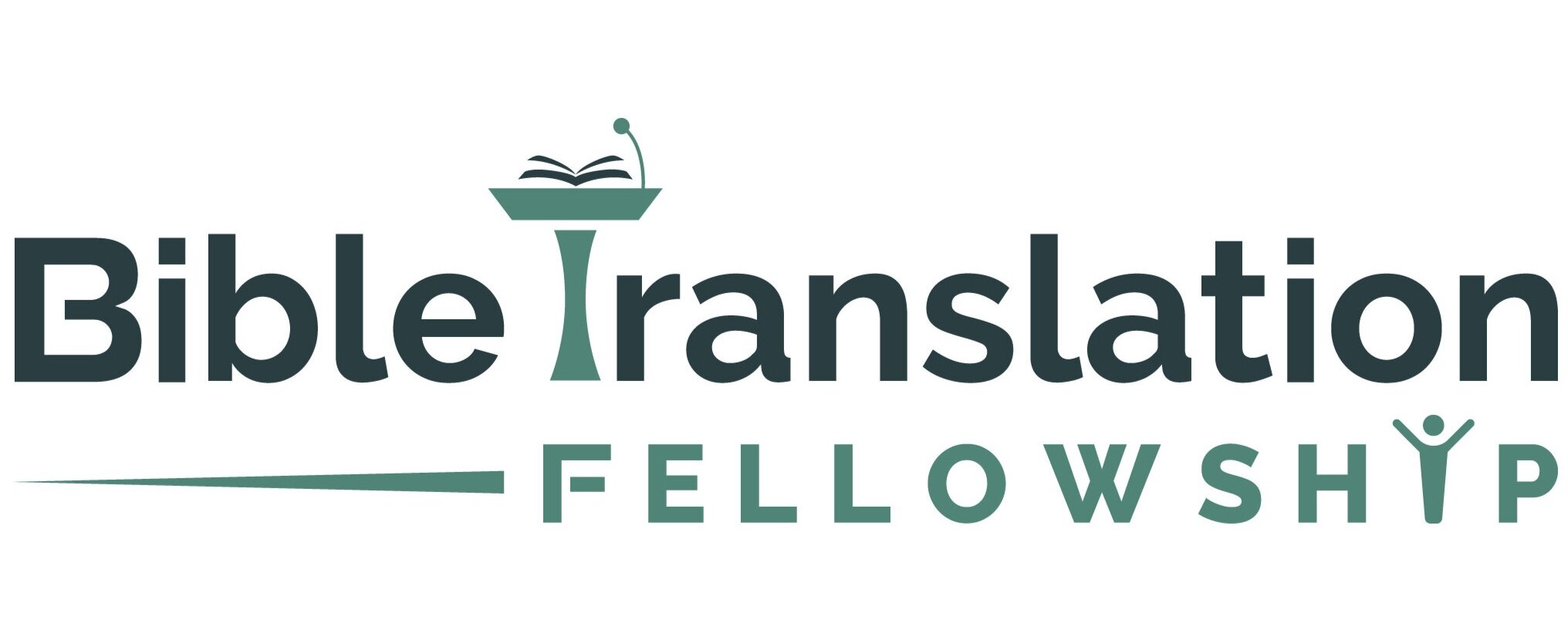Evangelism, Orality, and Bible Translation
Introduction to the Septuagint and the Vernaculars, by M. JinbachianCovering the Arabic translations during the 8th-16th c., of the Arab Islamic Empire, Jinbachian notes something fascinating about early translation work among oral peoples. On whether there was an Arabic translation of the Bible before the rise of Islam, Jinbachian writes, "It is doubtful because Arabic was an oral culture; the Bedouin Arab tribesmen who roamed the desert did not write things down. There were some Arabic documents, but these are the exceptions. Arabic began to be written after the rise of Islam" (Noss, 45). Jinbachian documents, "There are even some Muslim authors who mention that oral translation of the Scriptures was carried out by both Jews and Christians in their religious discussions with Muslims. Al-Bukhari, who died in 870 C.E., ... quotes Abu Hurayra, one of the companions of Mohammed the prophet, saying that Christians and Jews, during their debates with Muslims, would read the Tawrat (Torah) in Hebrew and would translate and explain it in Arabic" (Noss, 46).This reminds me of the work of Hans-Ruedi Weber, in his book, The Communication of the Gospel to Illiterates Based on a Missionary Experience in Indonesia. Weber writes, "Even if the Scriptures have not yet been translated into the language of the area there must be a Bible which can be read and translated" (Weber, 87).Jinbachian's research is of help to us for thinking about orality, evangelism, church planting, and Bible translation. Early Christians, when in debates with oral peoples, would read the Bible aloud and then translate and give the meaning. Weber employed the same tactics in Indonesia.The issue of orality is intricately tied to practices of Bible translation and church planting. Should the translation be simpler, even "crafted" (the word used by many in the orality movement who do Chronological Bible Storying)? Should only narrative portions of Scripture be used because oral peoples cannot handle the logic of Romans (this is the argument of some within the orality movement; see Hayward Armstrong, Tell the Story)? What about the non-narrative portions of Scripture, doesn't God want all of Scripture to be used for teaching, reproof, correction, training in righteousness (2Tim 3:14-17)?It can be easily argued from history and the Bible that evangelism can and should happen through the oral proclamation of the gospel (i.e. orality). However, when people come to faith, the local church needs a Bible to be publicly read and taught (1Tim 4:13; 2Tim 4:1-4). The Bible should also inform the prayers and songs of the congregation (e.g. Psalms; Col 3:16). Finally, the Word is also seen in the ordinances of Baptism and the Lord's Supper. These are the means that the Bible prescribes for communicating the Word of God.Orality is fine for evangelism, but Bible translation is needed for planting healthy churches, and networks of churches which then plant more churches, where Christ is not yet named (Rom 15).
